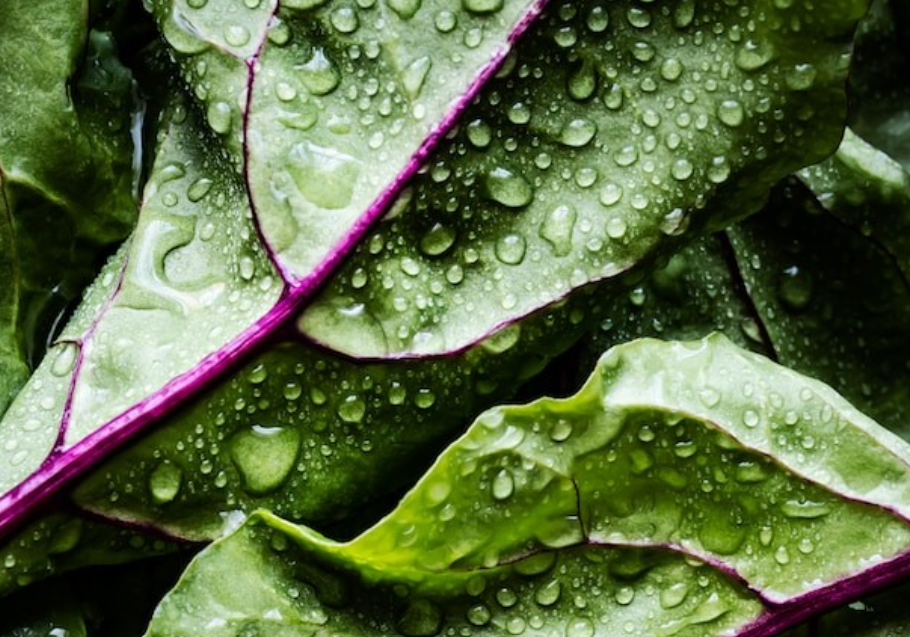1. Mineral water
These minerals can include calcium, magnesium, potassium, sodium, iron, zinc, sulfur, copper, and many others, depending on the source.
However, the mineral content of mineral water can vary significantly from brand to brand, depending on the geographic source. We recommend the Contrex brand .
2. Spinach
Spinach is one of the leafy greens richest in minerals. They are known worldwide for being an excellent source of iron but they also contain calcium, magnesium and potassium. The mineral content in 100 grams of raw spinach is approximately 2.7 milligrams of iron, 99 milligrams of calcium, 79 milligrams of magnesium and 558 milligrams of potassium.
Spinach is an absolutely delicious vegetable. You can eat spinach raw in salads, steamed or stewed, in green smoothies, stir-fried with spices, as a pizza topping, in omelets, quiches or egg dishes, or in soups and stews.
3. Almonds
Almonds are a mine of minerals. Almonds are rich in minerals such as calcium, magnesium and manganese. In 100 grams of almonds, there are approximately 264 milligrams of calcium, 268 milligrams of magnesium and 1.15 milligrams of manganese.
Almonds are delicious to eat because of their slightly sweet taste and crunchy texture. You can eat them on their own as a snack, add them to cereal, incorporate them into salads, or use them to make almond butter.
4. Salmon
Salmon is rich in minerals such as selenium, magnesium and phosphorus. In 100 grams of salmon, there are approximately 27 micrograms of selenium, 25 milligrams of magnesium and 252 milligrams of phosphorus.
Salmon is delicious thanks to its tender flesh and savory taste. You can grill it, bake it, poach it, bread it, or prepare it as sushi. There are many options for taking advantage of this source of minerals.
5. Black beans
Black beans are rich in minerals, including iron, magnesium and potassium. In 100 grams of black beans, there are about 2.6 milligrams of iron, 160 milligrams of magnesium and 611 milligrams of potassium.
Black beans have a creamy texture and a slightly earthy flavor. You can incorporate them into dishes such as burritos, soups, salads or vegetarian chili.
6. Pumpkin seeds
Pumpkin seeds are rich in minerals, including zinc, magnesium and copper. In 100 grams of pumpkin seeds, there are approximately 7.6 milligrams of zinc, 535 milligrams of magnesium and 1.5 milligrams of copper.
Pumpkin seeds have a nutty flavor and crunchy texture. You can snack on them as is, add them to cereal, sprinkle them on salads, or use them as a garnish for dishes.
7. Kale
Like spinach, kale is one of the leafy vegetables richest in minerals. It is rich in minerals such as calcium, potassium and vitamin K. In 100 grams of kale, there are approximately 135 milligrams of calcium, 450 milligrams of potassium and 817 micrograms of vitamin K.
Kale is a winter vegetable. It has a slightly bitter flavor and robust texture. You can prepare it in salads, sauté it in a pan with garlic, add it to green smoothies, or use it as a garnish in dishes.
8. Yogurt
Of course, yogurts are dairy products. Therefore, they are known to be an excellent source of calcium. Yogurt is also rich in phosphorus and potassium. In 100 grams of yogurt, there are approximately 183 milligrams of calcium, 141 milligrams of phosphorus and 256 milligrams of potassium.
Yogurt is delicious with its creamy texture and slightly tangy flavor. You can enjoy it plain, add fruit, nuts or honey, use it in smoothies or mix it with cereal. We do not recommend consuming yogurts that contain too many artificial flavors.
9. Quinoa
Thanks to its low glycemic index , quinoa is known to be a healthy alternative to rice or pasta. Quinoa is rich in minerals such as magnesium, iron and manganese. In 100 grams of cooked quinoa, there are approximately 197 milligrams of magnesium, 2.8 milligrams of iron and 2 milligrams of manganese.
Quinoa has a slightly crunchy texture and a nutty flavor. It can be consumed both hot and cold. You can serve it as a side, add it to salads, make it into pilaf, or use it as a base for grain bowls.
10. Tofu
Tofu is best known for being a good source of plant-based protein but it is also rich in minerals such as calcium, iron and magnesium. In 100 grams of firm tofu, there are approximately 350 milligrams of calcium, 5.4 milligrams of iron and 128 milligrams of magnesium.
Tofu comes in many forms and is commonly used in most Asian cuisines. It is versatile and takes flavor well to sauces and seasonings. You can saute it, grill it, marinate it, toss it into stir-fry dishes, or dice it for salads.
In conclusion, mineral-rich foods play a vital role in maintaining optimal health. They offer a variety of benefits, from strengthening bones to regulating blood pressure to protecting against free radical damage. By incorporating these foods into your diet, you can help meet your body’s needs for essential minerals.
